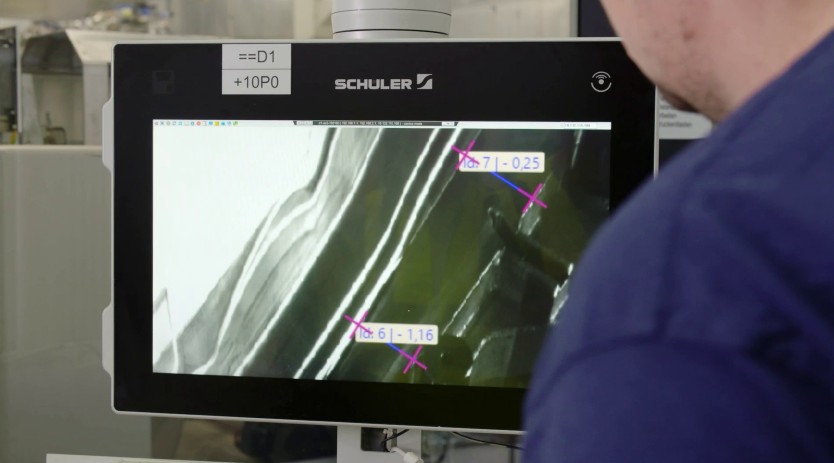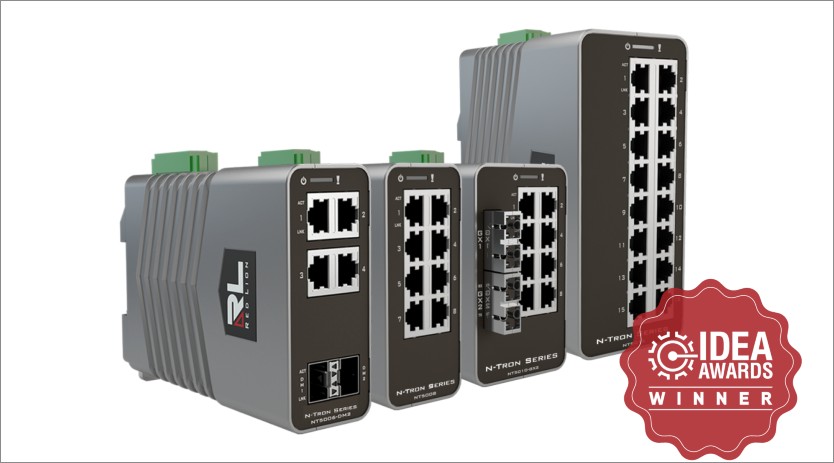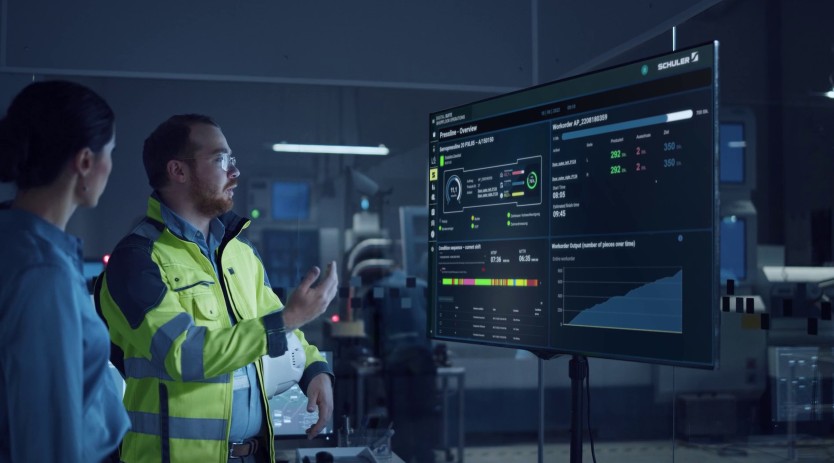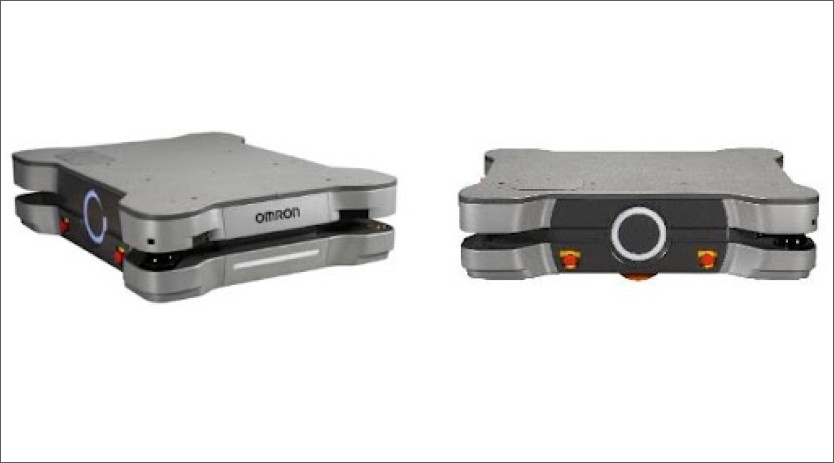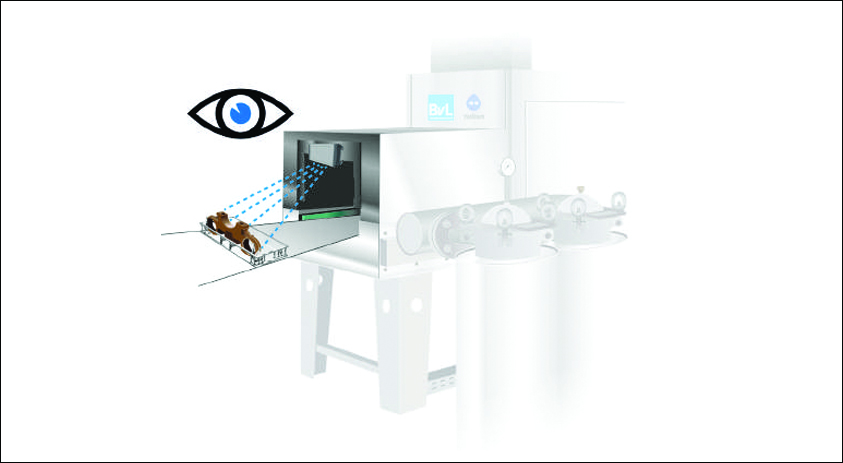Digitisation helps in streamlining disparate processes
June 29, 2017 4:32 pm
Adopting a digital system for manufacturing will help in streamlining disparate processes through a common planning and unifying tool.
Vineet Seth, Managing Director – South Asia and Middle East, Mastercam APAC
Vineet Seth, Managing Director – South Asia and Middle East, Mastercam APAC talks about how ‘Make in India’ movement has exponentially pushed the adoption of digital technology and digitisation in the manufacturing sector. Interview excerpts:
Benefits of digitisation
Many organisations rely on paper data which are prone to errors as well as are vulnerable to physical damage due to handling. In order to completely shift to a digital manufacturing system, each process within the envelope needs to be compliant with digital standards. Digitisation not only means converting paper documents into e-form, but also upgrading equipment and machinery to provide sensible output to digital systems.
Adopting a digital system for manufacturing will help in streamlining disparate processes through a common planning and unifying tool. It will also help in measuring process parameters and process efficiency in real-time, thereby making it possible to take corrective or preventive action. Digitisation will also help all stakeholders in the manufacturing process to come together on the same page, owing to agreed standards, limits and platforms.
Management information that would otherwise be generated periodically, and by involving a lot of time share between various departments, can be optimised using the digital system where input data can be analysed by intelligent algorithms considering current as well as historical data. Projections and estimation, as a result of a knowledge based digital manufacturing system can help finance, purchase and stores to work on the just-in-time concept more effectively.
‘Make in India’ becomes the driving force
The Indian manufacturing sector is growing rapidly. In fact, there is a common sentiment across the industry spectrum in order to achieve 2020 goals for the ‘Make in India’ movement. This single factor has exponentially pushed the adoption of digital technology and digitisation in the manufacturing sector. Small and medium industries that form the backbone of Indian manufacturing sector are now looking at innovative methods and means to be more efficient in their processes. The curriculum across the technical education system is also moving at the right pace, and now includes modern methods of manufacturing – of which, topics like Industry 4.0, IoT, Digital Factories etc. Therefore the preparedness of the industry is not only top down, but the other way round as well. A lot of industry consortia, clusters and associations are also running concurrent programmes and workshops to upgrade knowledge and systems of manufacturing organisations in the country. This further assists the overall shift towards digitisation with a collated effort from all stakeholders of the industry.
Mastercam ready for ‘smart factory’ movement
Mastercam is very popular CAD/CAM software in the world. It was one of the first few companies who opened up API (Application Programming Interface) to developers many years back to contribute towards the shift to digital manufacturing. Mastercam products provide paperless manufacturing across various machining operations and also help with extensive customisation and automation. They are able to read-in and write-out various formats that help in effective and seamless processing of mechanical CAD/CAM data. Using Mastercam’s APIs developers can automate the input of information directly from their enterprise planning systems and write back to them, thereby completing the process loop.
Collaborating with industry mechanical CAD software providers, Mastercam offers direct plug-in into GUI of leading CAD providers. This reduces the efforts of data translation between systems and also reduces human effort by virtue of automatic recognition of certain CAD parameters and applying relevant CAM strategies to generate NC programs. The company’s robust post-processing system also ensures that machine tools with different controllers are supported organically, without the need to employ middleware. They are also working with leading robot manufacturers to further simplify and optimise robotic automation for various machining and non-machining operations.
Enabling digitisation across manufacturing industry
Mastercam helps companies embrace digitisation. CAD/CAM products are one of the primary enablers of digitisation. An example of this is that from a pre-dominantly 2.5D manufacturing, today CAM is addressing complex profile as well as multi-axis manufacturing.
Cookie Consent
We use cookies to personalize your experience. By continuing to visit this website you agree to our Terms & Conditions, Privacy Policy and Cookie Policy.





